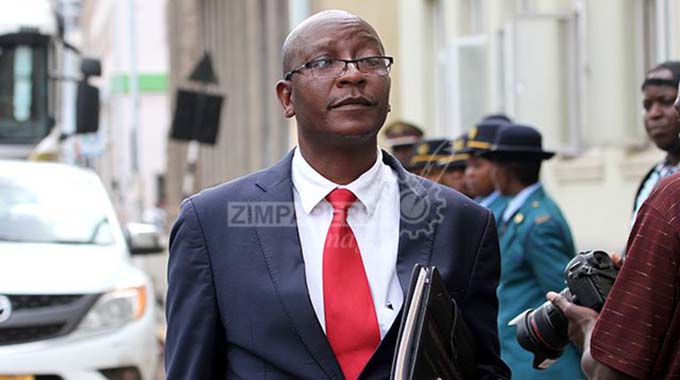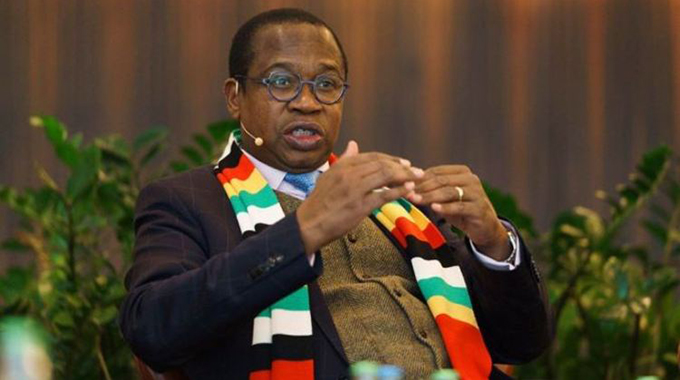Constitution translated into 15 languages

Talent Chimutambgi Herald Reporter
Government, in collaboration with the Zimbabwe Catholic Bishops Conference (ZCBC), has launched copies of the Constitution of Zimbabwe that have been translated into 15 indigenous languages as a way of enhancing justice and democracy through universal access to the supreme law of the land.
The Constitution of Zimbabwe, which was signed into law in 2013, was previously only found in English, Shona and Ndebele but the ZCBC has now translated it into 12 other vernacular languages to enable every citizen to grasp its contents using their own language, marking a key milestone under President Mnangagwa’s Second Republic that is seized with far-reaching reforms, including broadening civil and political reforms.
The 12 versions are in Sotho, Chewa, Nambya, Shangani, Venda, Tonga, Tswana, Ndau, Chibure, Xhosa, Koisan, and Kalanga.
In his keynote address at the launch of the Constitution Education, Awareness and Dissemination Strategic Document, Justice, Legal and Parliamentary Affairs Minister Ziyambi Ziyambi said the translation exercise would enable citizens to exercise their rights.
“It was realised that in order for individuals to enjoy and exercise their rights fully and for the Constitution to yield results, there is need for translating the Constitution into all official languages, thus ensuring that citizens are fully aware of what their rights are and how they can be implemented,” he said.
Cde Ziyambi said the launch of the strategic document was critical as it signifies Government’s determination in upholding the constitution.
“The launch of this strategic document epitomises our firm commitment to our duty to promote and uphold our Constitution which is the supreme law of the land. The Constitution regulates how the country operates as it stipulates individuals’ and organisations’, rights, limitations, duties and expectations, among other things,” he said.
He added, the previous constitution which was adopted in 1979 at Lancaster’s House was never translated into indigenous languages adding, the launch was a milestone to improve democracy in all aspects of the people’s lives.
“The 1979 Lancaster House Constitution which was never translated into any of our indigenous languages. However, as a silver lining, the ushering in of the Constitution introduced significant aspects in our lives which includes, amongst others, an expanded Bill of Rights that seeks to promote and protect citizens’ civil, political, social, economic, cultural and environmental rights,” said Minister Ziyambi.
The ministry was now expected to conduct widespread dissemination and Constitutional education and awareness to the various language areas in which these languages are predominantly spoken.
The launch was in accordance with Section 7 of the Constitution which mandate the State to promote awareness of the Constitution.
Speaking at the same occasion, National Constitution and Translation Committee ( NCTC) coordinator Father Edward Ndete, said the Constitution should be introduced in schools as part of curriculum as means of extensive dissemination of the strategic document, adding media should play a role in publicising the process.
“The constitution should be introduced in schools to ensure that it cascades to the last person in society. Media have a crucial role in aiding this awareness,” said Father Ndete.











Comments